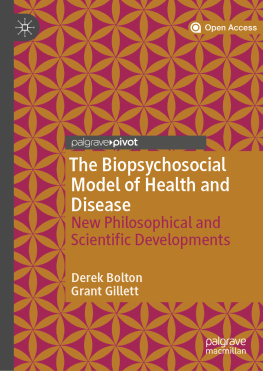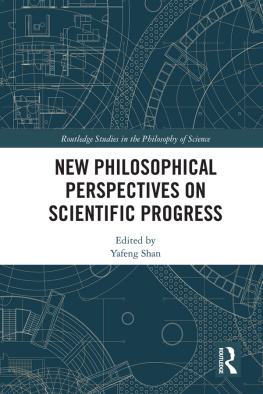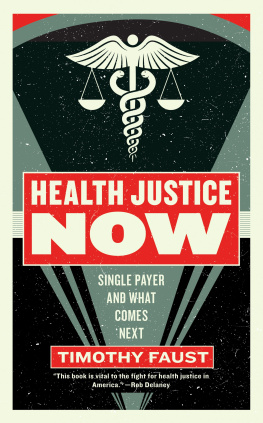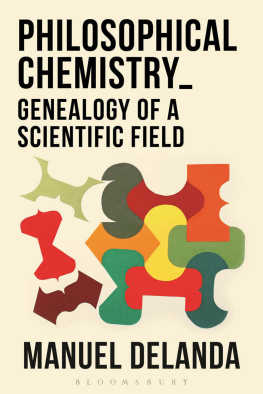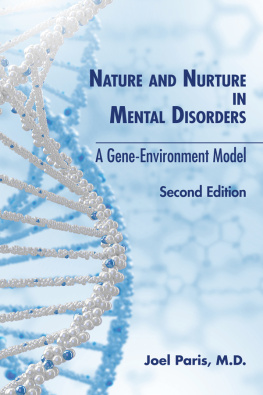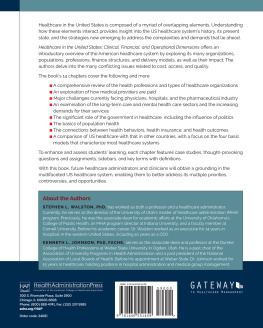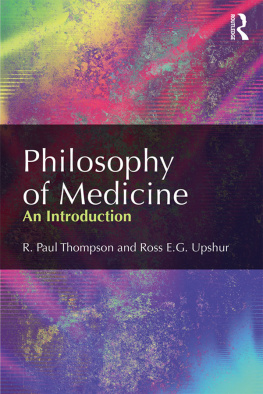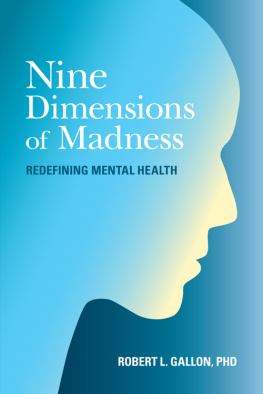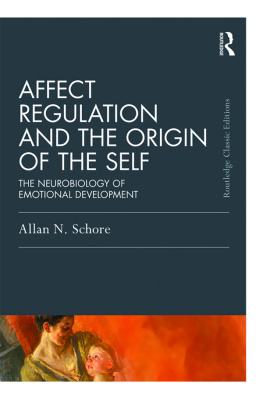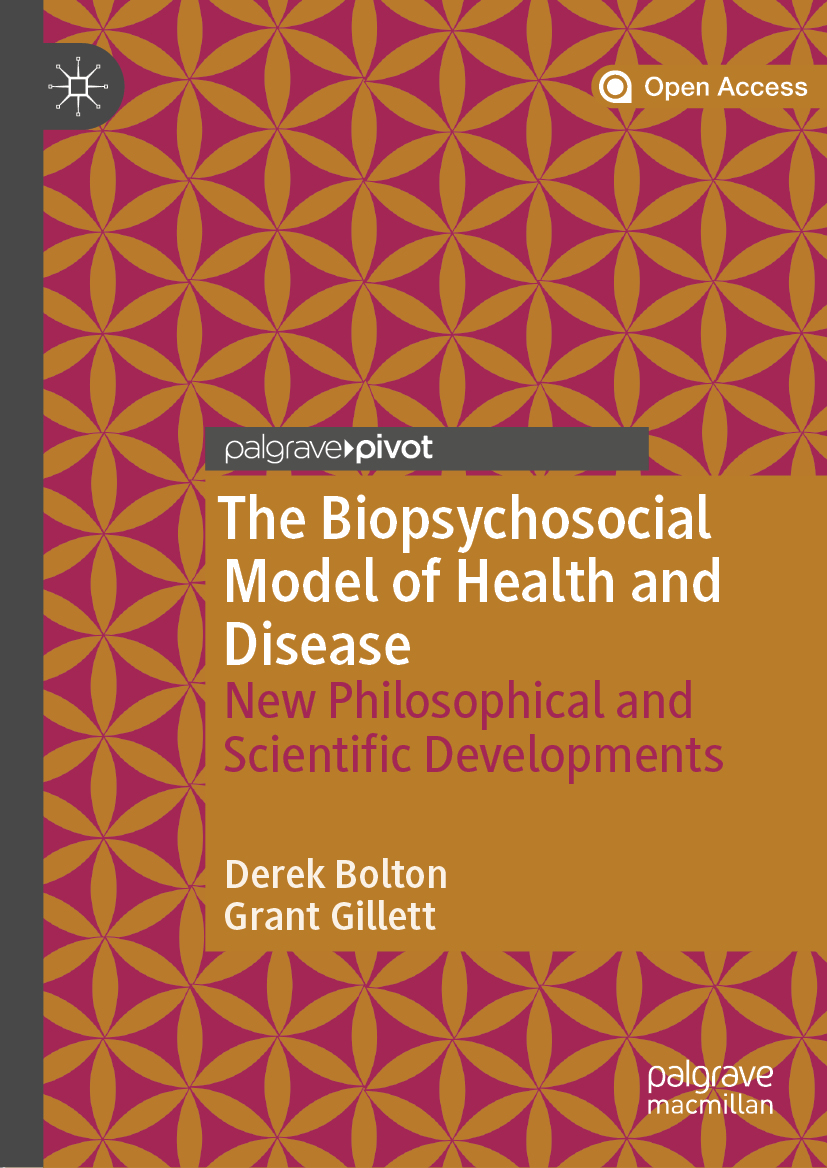Derek Bolton
Institute of Psychiatry, Psychology and Neuroscience, Division of Psychology & Systems Sciences, Kings College London, London, UK
Grant Gillett
Bioethics Centre, Division of Health Sciences, University of Otago, Dunedin, New Zealand
ISBN 978-3-030-11898-3 e-ISBN 978-3-030-11899-0
https://doi.org/10.1007/978-3-030-11899-0
Library of Congress Control Number: 2019930712
This book is an open access publication.
The Editor(s) (if applicable) and The Author(s), under exclusive license to Springer Nature Switzerland AG 2019

Open Access This book is licensed under the terms of the Creative Commons Attribution 4.0 International License (http://creativecommons.org/licenses/by/4.0/), which permits use, sharing, adaptation, distribution and reproduction in any medium or format, as long as you give appropriate credit to the original author(s) and the source, provide a link to the Creative Commons license and indicate if changes were made.
The images or other third party material in this book are included in the book's Creative Commons license, unless indicated otherwise in a credit line to the material. If material is not included in the book's Creative Commons license and your intended use is not permitted by statutory regulation or exceeds the permitted use, you will need to obtain permission directly from the copyright holder.
The use of general descriptive names, registered names, trademarks, service marks, etc. in this publication does not imply, even in the absence of a specific statement, that such names are exempt from the relevant protective laws and regulations and therefore free for general use.
The publisher, the authors and the editors are safe to assume that the advice and information in this book are believed to be true and accurate at the date of publication. Neither the publisher nor the authors or the editors give a warranty, express or implied, with respect to the material contained herein or for any errors or omissions that may have been made. The publisher remains neutral with regard to jurisdictional claims in published maps and institutional affiliations.
Cover illustration: Melisa Hasan
This Palgrave Pivot imprint is published by the registered company Springer Nature Switzerland AG
The registered company address is: Gewerbestrasse 11, 6330 Cham, Switzerland
Preface
The problem area of this essay is set within a broad trend of increasing recognition that crossdisciplinary approaches are needed for addressing the aetiology, prevention and management of diseases. The recognition of this need goes by the name of the biopsychosocial model, originally proposed by the physician and psychoanalyst George Engel in a paper published in 1977. By now, some 40 years on, the model has a reasonable claim to be the overarching framework for medicine and healthcare, invoked in clinical and health educational settings the world over. Notwithstanding its popularity, however, the biopsychosocial model has come to be seen as intellectually deficient. Recent commentary sees the biopsychosocial model as being handwaving, vague, lacking scientific validity and philosophical coherence. That the aspiring overarching framework of medicine is apparently at the same time so radically flawed signals a substantial problem in the conceptual foundations of contemporary medicine and healthcare. This is the problem we address in this book. We aim to articulate a clear biopsychosocial model, drawing on Engels original, but updating it in the light of substantial developments in the sciences and philosophy in the past few decades. While the task is focussed on the health sciences, it is set within the wider context of crossdisciplinary theory, research and problem-solving in contemporary life and human sciences.
Much evidence has emerged in the health sciences over the past few decades of psychosocial as well as biological factors being implicated in the aetiology, prognosis and clinical management of health conditions. Typically the relative involvement of the various kinds of factor depends on the specific condition, and on stage of condition. The biopsychosocial model has stood ready to accommodate this emerging evidence, a convenient depositary, but the conceptual task of clarifying the model appropriate for this new evidence is challenging. The conceptual challenge, recognised by Engel and contemporary commentary, is that there are historically deeply entrenched assumptionsphysicalism, dualism and reductionismto the effect that only material, physical and chemical causes are real, while distinctive psychological causes and social causes are impossible or incomprehensible. Against this background, the task of theorising biopsychosocial causal interactions in health and disease is non-trivial. The result we intend however is a model that can recognise psychological and social factors as being as real and as causal as muscle strength, biochemical reactions, molecular genes or brain circuitry.
Our methodology is to work with concepts and principles worked out in the sciences, but those of a fundamental theoretical status that borders into the philosophical or even metaphysical. These latter terms capture the idea that core scientific theory is not just accumulated data, but rather guides empirical research and interprets its findings. Core theory has an a priori quality, though in the context of shifting patterns and paradigms of knowledge, not absolute. What we customarily think of as philosophy on the other hand, and science on the other, merge together in the philosophical core of scientific theory. This was so in the mechanisation of the world-picture, which combined revolutionary science with ontological statements as to the primary causal qualities of nature, assigning cognition to an immaterial status with no or inexplicable causal power. In the radical changes that have been occurring in the life and human sciences over the past few decades we find new concepts, ontology and principles of change that do not so much solve old problems as disregard the terms in which they were constructed. For example the new models in cognitive neuroscience of embodied and embedded cognition replace the old mind/body dualism and its associated problems. New biological research programmes on genetic regulatory control of cellular metabolic processes complement but exceed the physical laws governing energy exchanges in making and breaking chemical bonds, hence effortlessly, as it were, circumventing the old idea that physics and chemistry say all there is to be said about causation. In short, the conceptual apparatus needed to theorise biology as involving a distinctive form of causation, and cognitive processes as biological, as well as in interaction with the environment, natural and socialis already in the science, as work in progress, and our purpose here is only to organise some key concepts and principles into a short core theory suitable for the biopsychosocial model of health, disease and healthcare. This core theory involves new concepts and models in the health sciences, such as those implicating chronic stress as a key mechanism linking adverse psychosocial factors to poor health outcomes.

